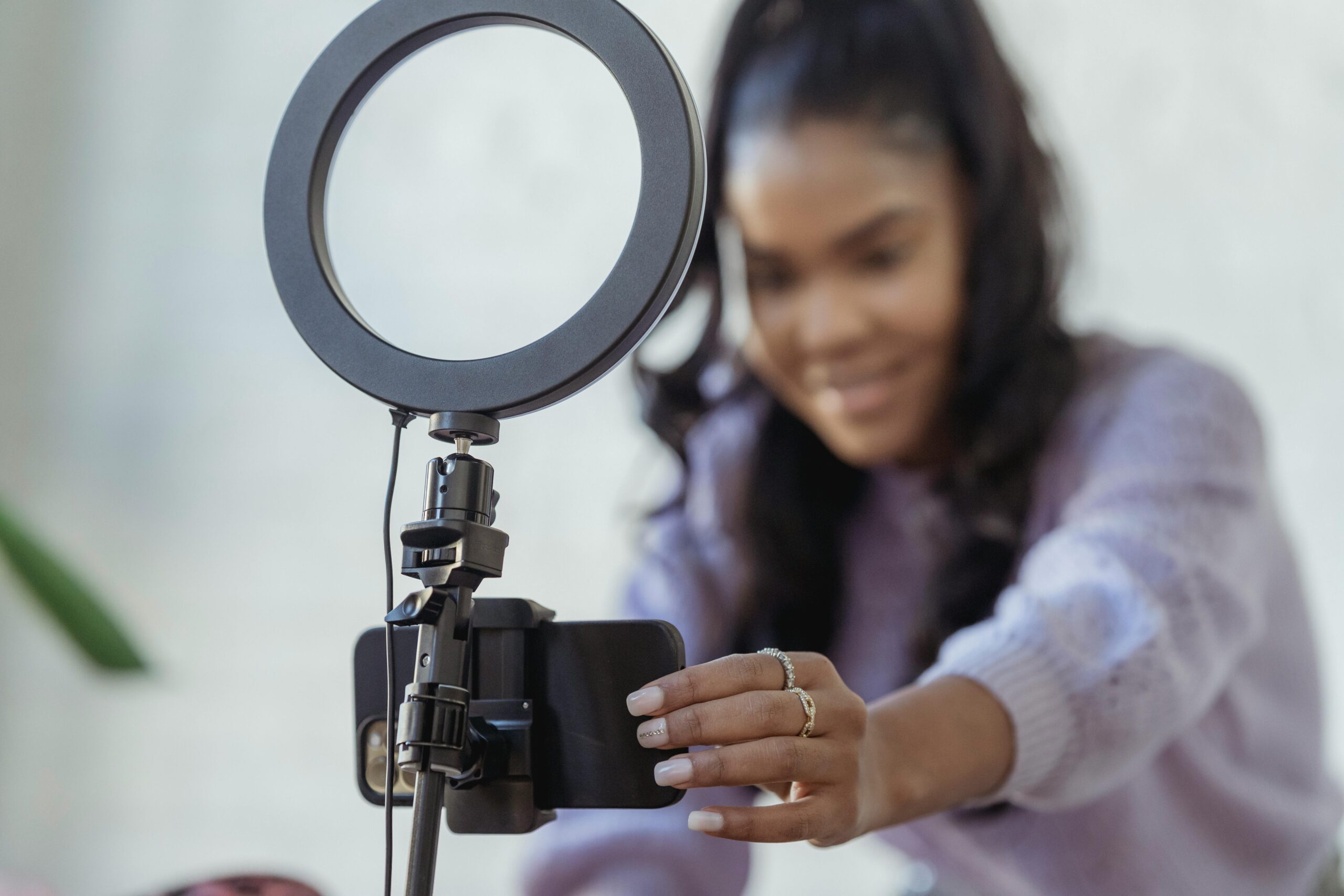In an era where traditional advertising has taken a backseat to more authentic and engaging forms of content, influencer marketing has emerged as a powerful strategy across various industries, including tech, science, real estate, and marketing. This approach leverages the reach and credibility of influencers on social media to promote brands, products, and services. Here’s a deep dive into how influencer marketing can be effectively utilized across these diverse sectors.
The Rise of Influencer Marketing
Influencer marketing isn’t just about celebrity endorsements; it’s a strategy that involves partnering with individuals who have a significant following on social media platforms and can influence the purchasing decisions of their audience. These influencers can range from high-profile celebrities to micro-influencers with a few thousand dedicated followers. The key is their ability to create authentic content that resonates with their audience, driving engagement and brand awareness.
Influencer Marketing for Tech Brands
Tech companies can greatly benefit from influencer marketing by partnering with tech bloggers, YouTubers, and social media personalities who review gadgets, software, or technology trends. These influencers can provide honest reviews, tutorials, and unboxings of your products, offering a genuine perspective that appeals to tech-savvy consumers. Collaborations can take the form of sponsored posts, affiliate marketing, or even long-term ambassadorships.
Key Strategy: Focus on influencers who specialize in your specific niche within the tech industry, whether it’s consumer electronics, B2B software, or emerging technologies like AI and blockchain. Their expert insights and credibility can significantly impact your target audience’s purchasing decisions.
Influencer Marketing in the Science Sector
The science sector can utilize influencer marketing to make complex topics accessible and engaging to a broader audience. Collaborating with science communicators, educators, and enthusiasts on platforms like YouTube, Instagram, and TikTok can help demystify scientific concepts, promote educational content, and highlight the latest research and innovations.
Key Strategy: Partner with influencers who can create engaging content that simplifies complex scientific ideas without diluting their essence. Interactive content, such as live Q&A sessions, virtual lab tours, and science experiment videos, can particularly resonate with audiences interested in science.
Leveraging Influencers for Real Estate Brands
In the real estate industry, influencers can play a crucial role in showcasing properties, highlighting investment opportunities, and sharing market insights. Real estate agents, interior designers, and architecture enthusiasts can offer a unique perspective on the market, providing valuable content to potential buyers and investors.
Key Strategy: Collaborate with influencers who can offer virtual property tours, home improvement tips, and lifestyle content that aligns with the aesthetic and values of your target demographic. This approach not only showcases properties but also builds a lifestyle narrative around them.
Influencer Marketing Strategies for Marketing Brands
Marketing brands, including agencies and software companies, can benefit from influencer collaborations by tapping into the insights and experiences of marketing gurus, thought leaders, and successful practitioners. These influencers can share tips, trends, case studies, and best practices, helping to educate and inspire your audience.
Key Strategy: Focus on influencers who can provide actionable insights and thought leadership content that resonates with marketing professionals. Webinars, podcasts, and co-authored articles can be effective formats for delivering value and driving engagement.
Best Practices for Effective Influencer Marketing
Regardless of the industry, several best practices can maximize the success of your influencer marketing campaigns:
1. Authenticity Matters: Choose influencers whose values and content style align with your brand. Authenticity leads to more engaging and trustworthy content.
2. Clear Communication: Set clear expectations and goals for the partnership. A transparent agreement ensures both parties are aligned on deliverables, timelines, and metrics for success.
3. Creative Freedom: Allow influencers to create content in their own voice and style. Their unique approach is what resonates with their audience.
4. Measure and Analyze: Track the performance of influencer campaigns using metrics such as engagement rate, reach, and conversion. This data will help refine future strategies and identify the most effective influencers and content types.
5. Diversify Your Portfolio: Don’t rely on a single influencer or platform. Diversifying your influencer partnerships across different niches and social media channels can enhance your reach and impact.
Influencer marketing offers a unique opportunity to connect with audiences across the tech, science, real estate, and marketing industries in a more personal and engaging manner. By partnering with the right influencers, brands can leverage authentic storytelling and expertise to enhance their visibility, credibility, and ultimately, their bottom line. As this marketing strategy continues to evolve, staying adaptable, focusing on authenticity, and constantly analyzing your campaigns’ performance will be key to leveraging the full potential of influencer marketing in any sector.
